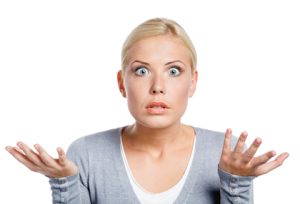
What is Premises Liability?
Incidents that involve personal injury sustained on the property of another person may be considered premises liability. The property owner has a responsibility to keep visitors safe by warning of potential hazards and doing regular maintenance. Some of the common cases include injuries as a result of a slip and fall accident, inadequate security that provided the opportunity for an assault, or a construction accident on the property.
Although trespassers do not have the same legal rights, other visitors are protected under the owner’s duty of care. An invitee that is visiting for a mutually beneficial reason must be provided with the assurance that the property has been thoroughly inspected ahead of time. Potentially dangerous conditions must be fixed or indicated with a clear warning sign to avoid injuries. Licensees must also be given a fair warning, but there is no responsibility to inspect or fix any hazards on the premises.
3 Types of Premises Liability
- Business Owner Liability
Possibly the most common case type involves business properties that see multiple visitors throughout the average day. A faulty escalator or wet floor without proper signage are examples of hazards to unsuspecting customers. - Homeowner Liability
An individual that owns a home is responsible for safety anytime there is a welcomed visitor. An injury could involve uneven pavement, an unlit walkway, or failing to properly store ladder and other equipment. - Renter and Landlord Liability
A complicated scenario arises when there is an accident on property that is being rented. In general, the actual property owner is the one responsible for safety on the property, but tenants may find that their rental agreement details their responsibility to clear hazards from their walkways. The lease should provide clarity regarding which party is responsible for maintenance and repairs of walkways and floors.
The Key Factors for Premises Liability
An injury victim is not necessarily eligible to take legal action against a property owner unless certain facts are true about the incident. You must find that one or more of these statements is valid in your claim:
- Dangerous conditions, such as a slippery surface caused by a spill, were caused by the property owner.
- Dangerous conditions were not improved within a reasonable timeframe once discovered in an inspection.
- Someone notified the property owner and they failed to take action to fix the problem.
Injured From a Slip and Fall? Get the Compensation You Deserve!
The immediate feeling of humiliation is only the beginning of problems you may endure in the aftermath of an accident. We are here to make sure that the property owner responsible for your injury has to compensate you for emotional trauma, lost wages, medical expenses, and suffering caused by the accident. Our litigators are standing by to offer advice and representation as soon as you call 800-Lundylaw for help.
















